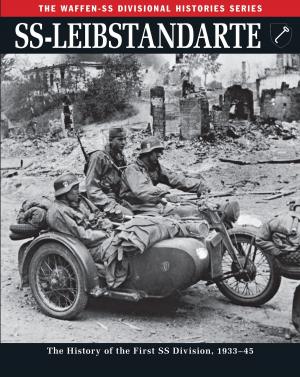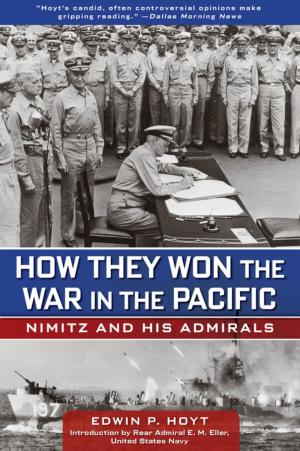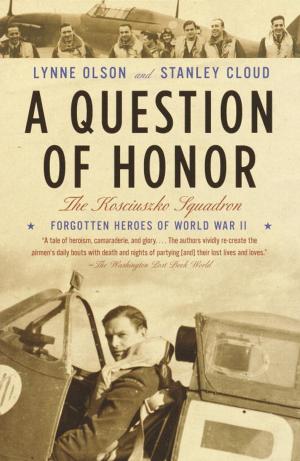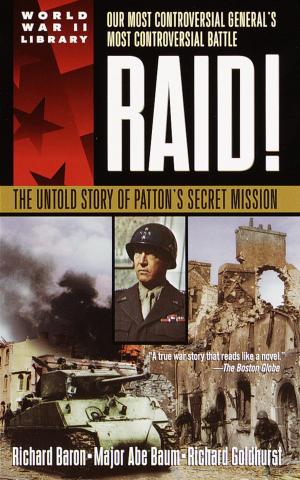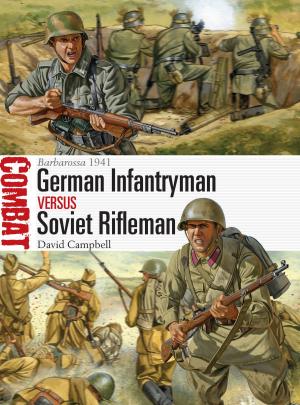Southwest Passage
The Yanks in the Pacific
Nonfiction, History, Australia & Oceania, Reference & Language, Language Arts, Journalism, Military, World War II| Author: | John Lardner | ISBN: | 9780803253292 |
| Publisher: | UNP - Nebraska Paperback | Publication: | December 1, 2013 |
| Imprint: | University of Nebraska Press | Language: | English |
| Author: | John Lardner |
| ISBN: | 9780803253292 |
| Publisher: | UNP - Nebraska Paperback |
| Publication: | December 1, 2013 |
| Imprint: | University of Nebraska Press |
| Language: | English |
At a time when few Americans had visited Australia, journalist John Lardner sailed down under with the U.S. armed forces as one of the first American war correspondents in the Pacific theater. With his excellent sense of humor and gift for narrative, Lardner penned vignettes of MacArthur’s arrival and his reception in Melbourne and a flight with the daring Dutch flier Capt. Hans Smits. More frequently, Lardner wrote about the ordinary day and the average person. Traveling throughout the country, in Southwest Passage Lardner offers a glimpse of Australia in the 1940s and generates warmth and admiration for World War II fighters in the Pacific, whether Australian, New Zealander, aboriginal, or American.
For generations of readers who have learned about World War II with the benefit of hindsight, Lardner’s tone, style, and selected topics give more than just entertaining anecdotes about the military in the Pacific; they are a view into the culture and society of midcentury America.
At a time when few Americans had visited Australia, journalist John Lardner sailed down under with the U.S. armed forces as one of the first American war correspondents in the Pacific theater. With his excellent sense of humor and gift for narrative, Lardner penned vignettes of MacArthur’s arrival and his reception in Melbourne and a flight with the daring Dutch flier Capt. Hans Smits. More frequently, Lardner wrote about the ordinary day and the average person. Traveling throughout the country, in Southwest Passage Lardner offers a glimpse of Australia in the 1940s and generates warmth and admiration for World War II fighters in the Pacific, whether Australian, New Zealander, aboriginal, or American.
For generations of readers who have learned about World War II with the benefit of hindsight, Lardner’s tone, style, and selected topics give more than just entertaining anecdotes about the military in the Pacific; they are a view into the culture and society of midcentury America.



